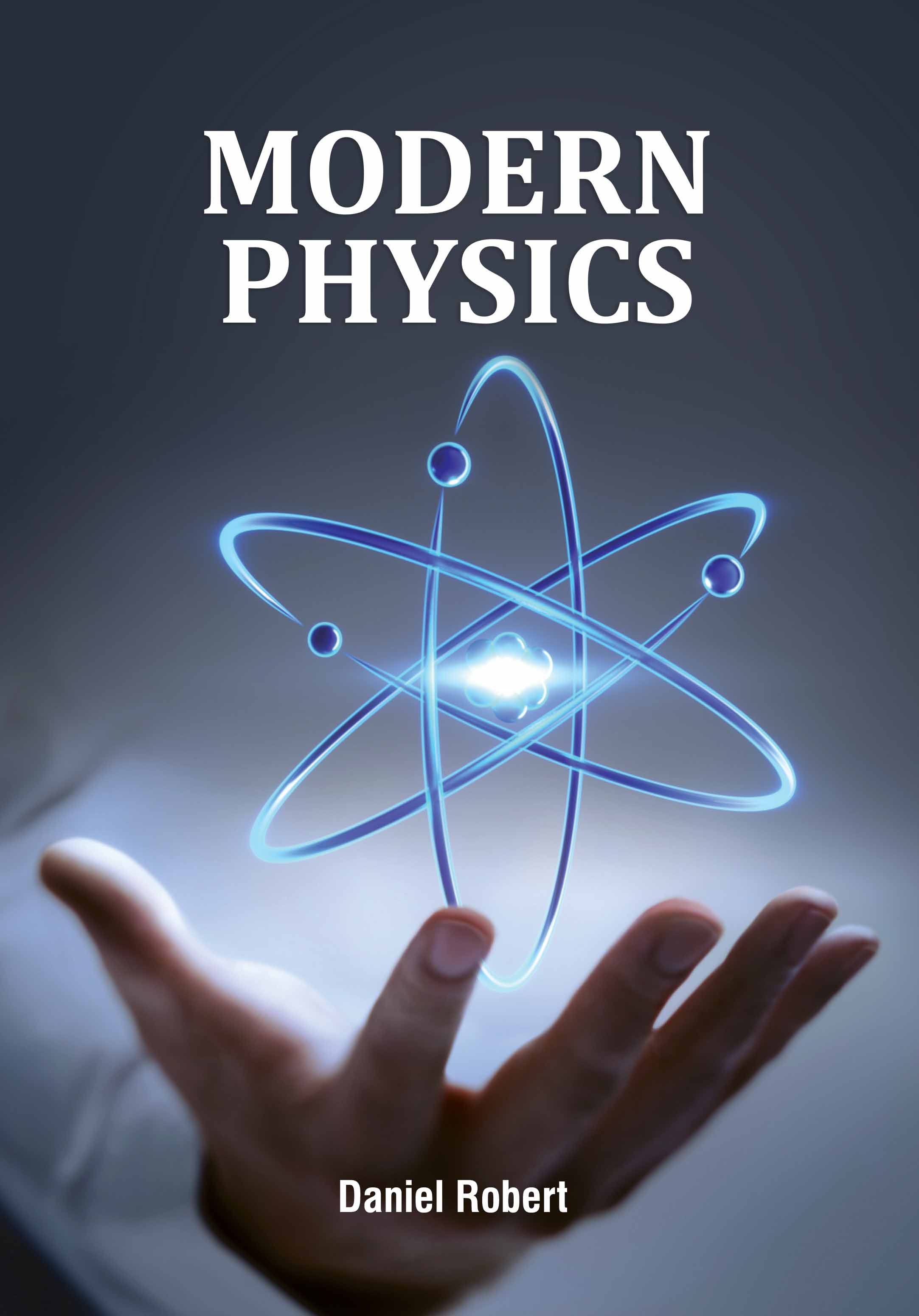About This Book
Immunological techniques are laboratory methods used to study the immune system and its responses.
These techniques play a vital role in diagnostics, research, and therapeutic development. They help
detect the presence of antigens (foreign substances) or antibodies (proteins produced by the immune
system) in biological samples, offering valuable insights into infections, autoimmune diseases, allergies,
and immune deficiencies. One of the most common immunological techniques is ELISA (Enzyme-Linked
Immunosorbent Assay), which is widely used for detecting specific proteins, hormones, or pathogens.
Another key method is Western blotting, used to identify specific proteins in a sample through antibody
binding. Flow cytometry is a powerful technique for analyzing the physical and chemical characteristics
of cells or particles, often used in immunophenotyping and cancer diagnosis. Immunofluorescence and
immunohistochemistry are used to visualize the location of specific antigens in cells or tissues using
fluorescent or enzyme-linked antibodies. Radioimmunoassay (RIA) is another sensitive method for
detecting trace amounts of substances in the blood. Overall, immunological techniques have
revolutionized both clinical diagnostics and scientific research. They enable early disease detection,
monitor immune responses, support vaccine development, and contribute significantly to our
understanding of immune system functions. This book provides a comprehensive overview of essential
immunological methods used in diagnostics, research, and therapeutic studies.
Contents: 1. Classical Immunology, 2. Immunological Techniques and Responses, 3. Understanding
Immune System Tolerance and Its Role in Disease Prevention, 4. Immunological Responses in Tumor
Formation and Progression, 5. Applications of Immunology in Vaccination and Disease Prevention,
6. Immunological Techniques, 7. The Role of Immunology in Allergy and Hypersensitivity, 8. Alternative
Mechanisms in Adaptive Immune Response, 9. Fundamental Properties of Antibodies in Immunology,
10. Antigenicity and Immunogenicity.

